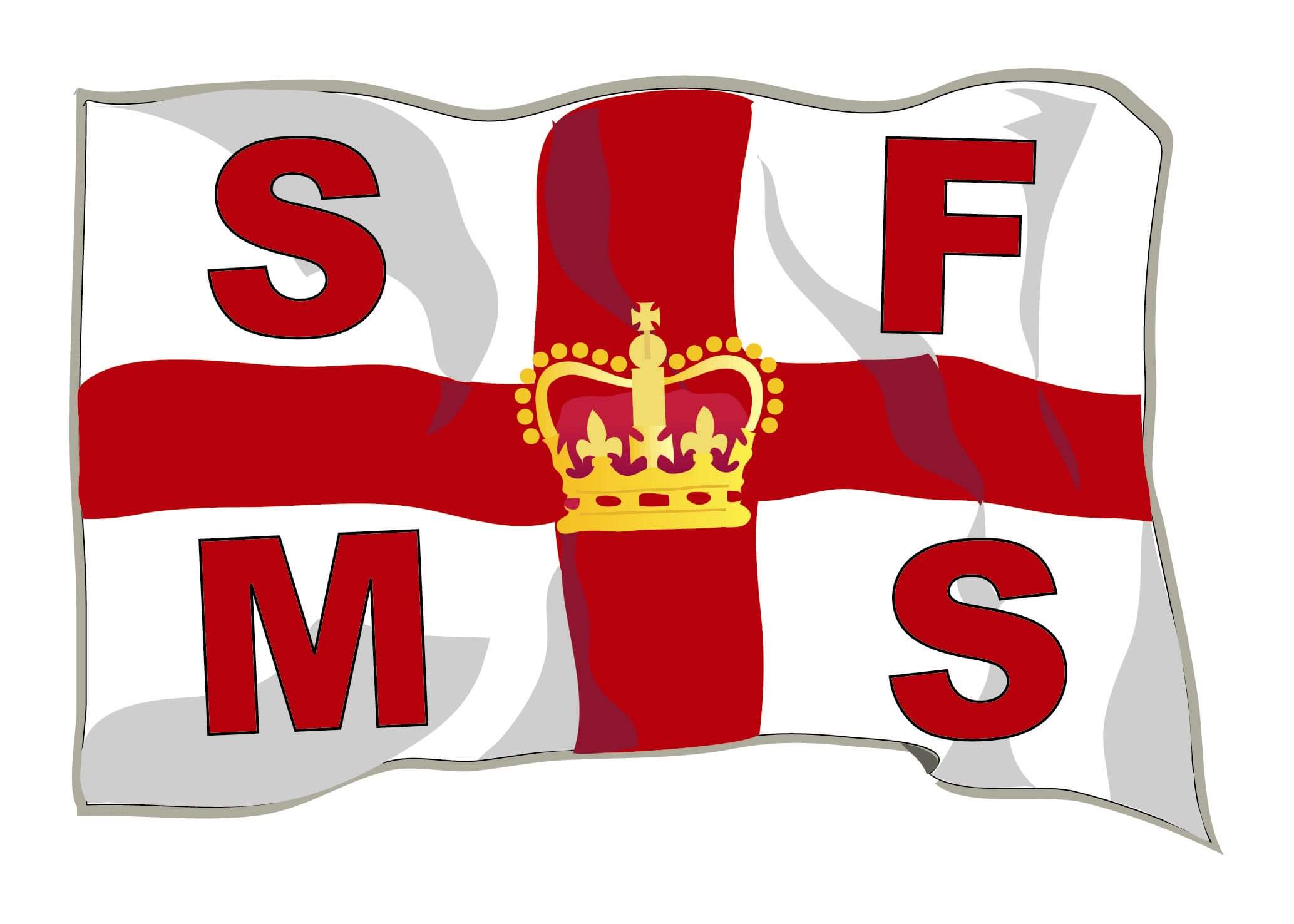Gold Medal 1878/79
The Society’s Gold Medal awarded to Captain Holdsworth and Silver Medals to 9 others of the barque Decapolis for rescuing 22 crew of the Elbana of Liverpool in tremendous seas in the South Western approaches to the English Channel on 10th October 1878.

Captain Holdsworth brought to the notice of the Committee the following act of heroism as reported in the daily papers:- The large iron ship Eblana, of Liverpool, 1,351 tons register, commanded by Captain Liver, left Liverpool for Madras on Thursday, 3 October, and experienced bad weather, until reaching the Smalls Lights. The wind was from south and south-west, and it got worse from that time until Sunday, when there was a heavy gale from the southward, which, however, moderated towards Monday, when the weather became a little finer. On Tuesday it commenced to blow again from southsouth- west, increasing to a heavy gale, and became still worse on Wednesday, with mountainous seas.
On Thursday, at 2am when in Lat. 48 52′ N Long. 10 33′ W, a tremendous sea struck the vessel, throwing her over on her side, shifting the cargo, washing away the lifeboat, and smashing the bulwarks. Towards morning the main and mizzen masts were cut away, and the vessel was quite over on her side, and settling down fast. At 6 o’clock in the morning the barque Decapolis, of London, Captain Almond, from Adelaide for London, hove in sight, and signals of distress were made to her, and she bore down and stood by them for about 14 hours, until all the crew were rescued and taken aboard. When she first approached the Eblana, the latter’s boats were launched, but were stove in by the seas, one of the crew being badly injured. A boat with 6 men was then sent from the Decapolis, and she succeeded in rescuing 6 of the Elbana’s men. There was a great gale on and tremendous seas, and it was impossible to get the boat close to the ship, and a communication was made between them by lifebuoys and lifelines. All the crew was saved by this means, by being hauled through the water to the boat. On returning to the Decapolis with these men, the boat was stove and became useless, and the mate of the barque, who was in charge, was hurt in the arm and shoulder. A second boat was then sent, and in five trips rescued 22 men. The service was attended with considerable difficulty and danger, and the Eblana’s crew spoke well of the gallantry of the others especially of that of the carpenter, named David Stephen, of Stepney, London, who with three hands, had charge of the boat on four successive trips, and George Bourne, an apprentice, who went every time first in the boat that was stove in, and afterwards in the second boat, and managed the lifelines, pulling all the men from the ship to the boat. The unfortunate men lost all their clothes and effects. The Captain, officers and crew of the Decapolis behaved very kindly towards them during the two days they were aboard her, and gave them various articles of clothing. A letter was also read from Captain Almond, giving the names of the men who manned the boats, with the number of trips taken by each. When, it was proposed from the chair, and unanimously resolved, that Captain Thomas M Almond, be awarded the Gold Medal of the Society, and that Silver Medals should be awarded to the nine others. GWR Bourne was also presented with a sextant in addition to the Medal, as the Committee considered his conduct most praiseworthy in volunteering to go with each boat to the rescue of the unfortunate men, who, but for the assistance of Captain Almond and his crew, would in all human probability have perished. The Secretary was also instructed to convey to the Captain and crew of the Decapolis the Committee’s full appreciation for their gallant and successful efforts to save the lives of their fellow men, and also their earnest hope that this acknowledgment of their heroism would be an incentive to future exertion in the same noble work, should necessity arise.


